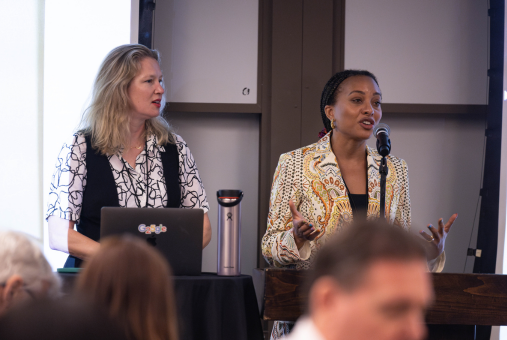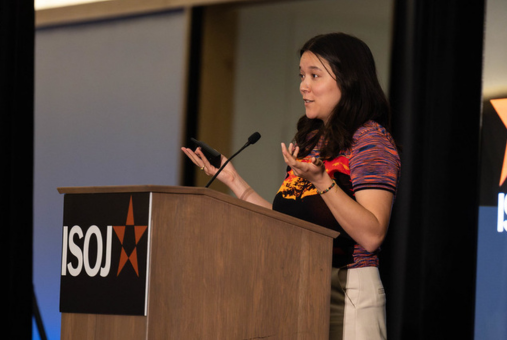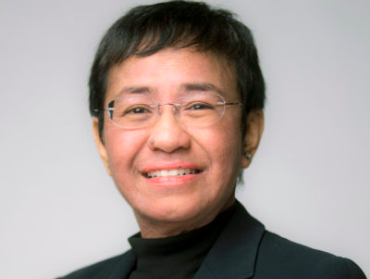
Brazil’s celebrity gossip accounts, with larger audiences than legacy news outlets, are being used to promote favorable narratives about public figures outside traditional journalistic scrutiny.

An ISOJ panel discussed how journalists can leverage influencer strategies to build trust and audience connections, while maintaining journalistic ethics. Panelists mentioned transparency, relatable communication and the use of emotions as some elements journalists can learn from content creators.

During a lunchtime workshop at the 25th International Symposium on Online Journalism (ISOJ), two representatives from Google News Initiative provided training in reporting and fact-checking tools from Google meant for journalists and researchers. Led by Google news partner manager Ashley Edwards and U.S. teaching fellow Mary Nahorniak, the workshop focused on how to take advantage […]

Journalists are increasingly using social media and open-source intelligence techniques to cover conflicts and conduct in-depth reporting. Panelists at ISOJ discussed how these techniques, combined with collaboration and verification methods, are uncovering crucial information, from geolocation of war crimes to identifying military staff in videos.

A project of Bolivia Verifica (Bolivia), with mentoring and support from Proyecto Desconfío (Argentina), seeks to promote dialogue, reflection and a culture of peace among Bolivian society by monitoring and verifying hate speech posts on social media aimed at vulnerable groups, and by distributing verified content through WhatsApp.

A new study in Brazil found that women journalists receive more than twice as many insults on their Twitter profiles as their male counterparts. In the survey, it was found that users who launch attacks against journalists try to delegitimize women’s intellectual capacity to exercise the profession and silence the press, point out professionals' physical features to divert attention from the topics addressed and disseminate false information about them.

In Venezuela, due to poor Internet service, and more recently, the arrival of the COVID-19 pandemic, forochats have become a way to continue informing readers, support disadvantaged communities and find innovative ways to obtain financing.

The diagnosis was made by Brazilian researcher Giuliander Carpes, a doctoral candidate in communication and information sciences at the University of Toulouse III who has just published a study on the subject

The media outlet, which today consists of 12 people and is based in Bogotá, describes itself as a "digital movement of citizen conversation,” which invites the public to speak, understand and act on the most pressing problems facing Colombian society.

A study found that journalists in Latin America are attacked more for their political opinions on Twitter than for their work and 68 percent of them, after online attacks, restricted the frequency of their publications, withdrew temporarily from this social network or stopped publishing on sensitive topics.

Can a politician who holds an important public office block a journalist on social media? This is an urgent debate for the Brazilian Association of Investigative Journalism (Abraji)

During the first panel of ISOJ online 2020, Filipino-American journalist Maria Ressa explained how technology is affecting the democracy not only in the Philippines but around the world. She talked about the complex disinformation networks targeting journalists and freedom of expression.